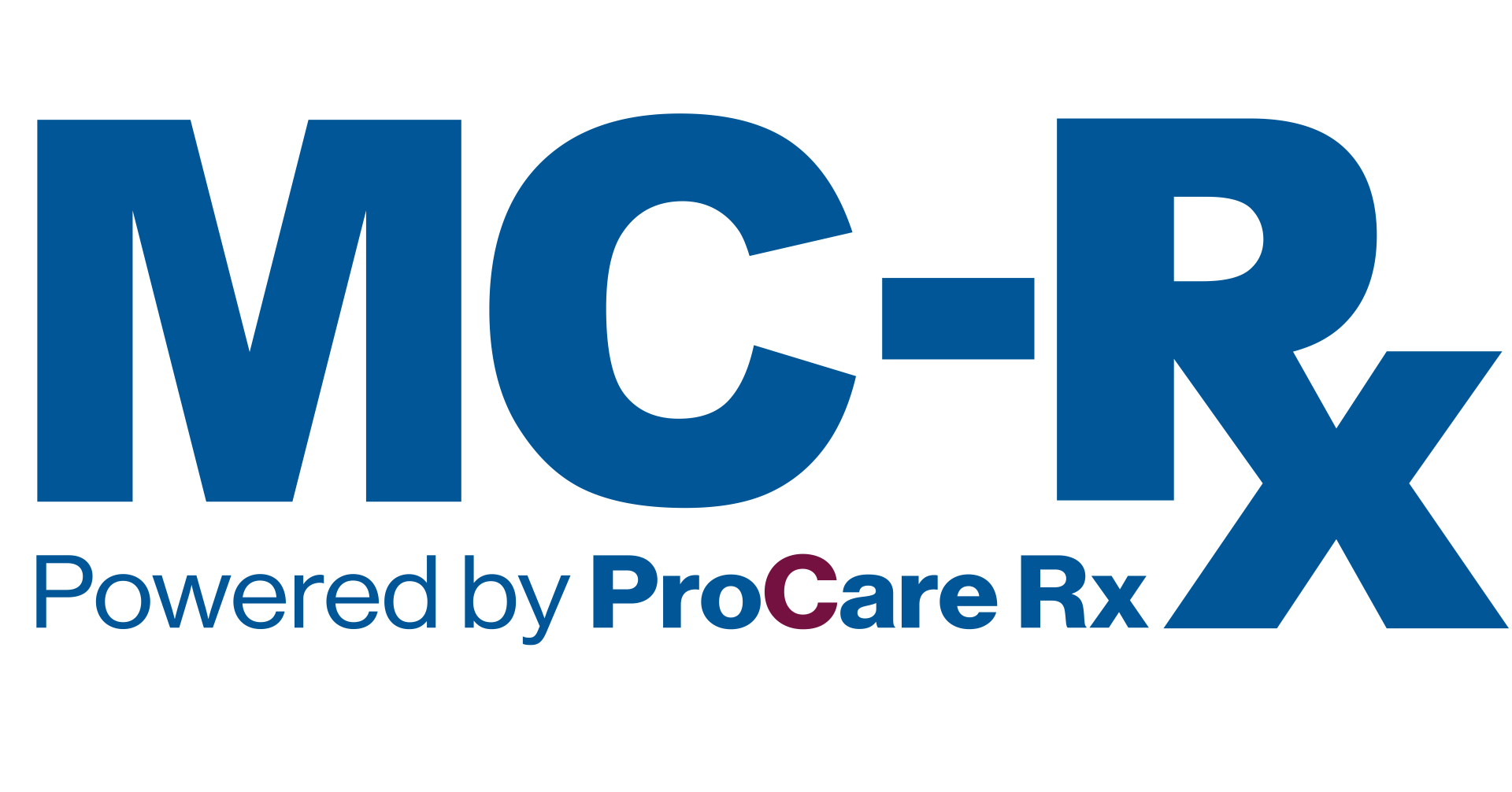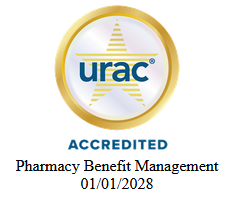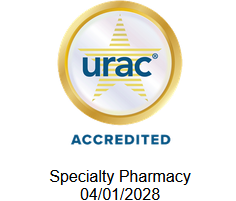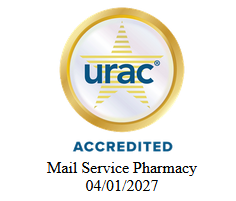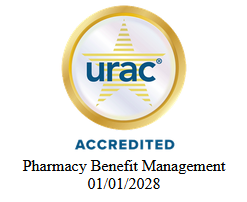Press Release - May 3rd 2022
MC-RX BECOMES PRIMARY PHARMACY BENEFITS MANAGEMENT ORGANIZATION IN PROCARE FAMILY OF COMPANIES

MC-Rx Realigns all PBM Services Under the MC-Rx Brand to Best Serve Customers
April 28th, 2022, Caguas, Puerto Rico –
MC-Rx announced today that it will now be the primary Pharmacy Benefits Management (PBM) organization within the
ProCare family of businesses. ProCare Pharmacy Benefit Manager, Inc. headquartered in Gainesville, GA acquired the Puerto Rican based MC-Rx, (formally known as MC-21) in 2018. Since that time, the PBM services have been transitioned over to the MC-Rx brand. MC-Rx is solely focused on Prescription Benefits Management serving clients in all 50 states and Puerto Rico.
URAC accredited MC-Rx operates as a third-party administrator of prescription drug programs for commercial health plans, self-insured employer plans, Medicare & Medicaid programs, among others. MC-Rx is responsible for creating cost-effective healthcare by offering clinical utilization management programs, offering more affordable pharmacy channels, negotiating discounts with drug manufacturers and retail drugstores, and encouraging the use of low cost generics and affordable brands. MC-Rx manages the processing and paying of prescription drug claims, leveraging ProCare Rx’s pharmacy claims processing technology.
“We believe uniting Prescription Benefit Management under the MC-Rx brand allows us to provide the most focused, high-quality services to our client partners,” said MC-Rx President Marileny Lugo, R.Ph. “Our company has built strong and long-lasting relationships with pharmacies, physicians, associations, government entities, and top industry leaders. We are a PBM that encompasses knowledge, experience, technology, and a proven record of excellence in client-geared solutions. Uniting all of the PBM services under the MC-Rx brand allows us to provide the most value to our clients,” Lugo continued. MC-Rx has demonstrated its commitment to innovation, efficiency, and excellence, and to guaranteeing an optimal level of client satisfaction and ongoing savings in the management of pharmacy benefits.
About MC-Rx Powered by ProCare Rx
MC-Rx is a full-service Pharmacy Benefits Management (PBM) company. MC-Rx is a third-party administrator of prescription drug programs for commercial health plans, Medicaid & Medicare/PACE programs, dynamic health systems, private label PBMs, 340B & workers compensation administrators, cash discount card sponsors, complex TPAs, employer groups, unions, hospices, and many other client types. MC-Rx offers clinically appropriate utilization management programs focused on safety and clinical outcomes. Our knowledge of the market has been crucial for the successful development, implementation, and administration of PBM services and programs for our clients and their members. We serve more than 13 million lives, and our staff is a reputable group of specialized professionals in the areas of health, information systems, process management, and clinical, technical, and administrative services. MC-Rx utilizes the proprietary technology of parent company ProCare Rx for processing and paying prescription drug claims.



